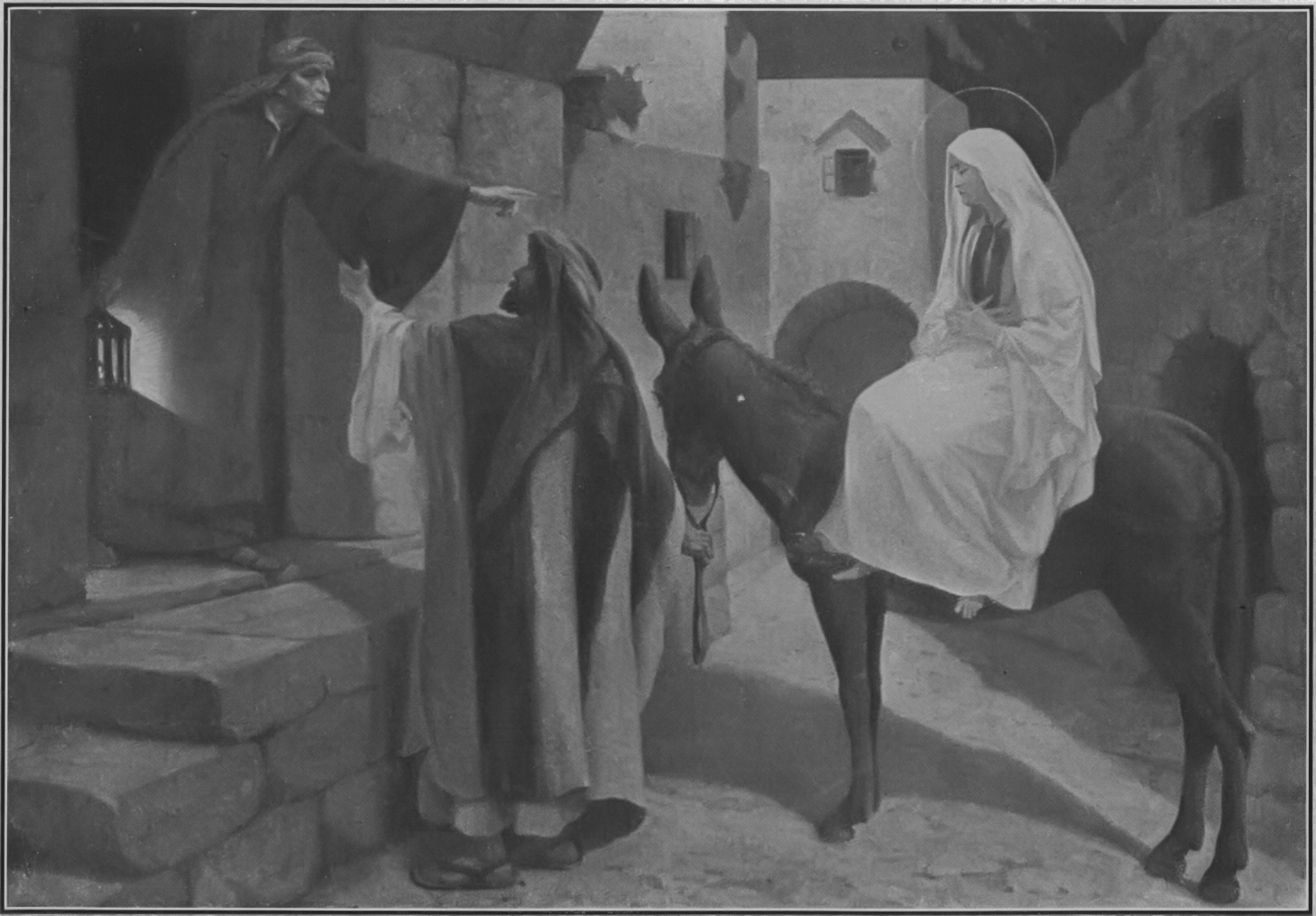The Historicity of the Census (Luke 2:1-3)
1 And it came to pass in those days that a decree went out from Caesar Augustus that all the world should be registered. 2 This census first took place while Quirinius was governing Syria. 3 So all went to be registered, everyone to his own city.
Have you read Luke’s account of Jesus’ birth? There is a registry mentioned in the physician’s record. Did you know that the current body of archeological discoveries and extra-biblical writings do not offer support for the mentioned registry? Is that a problem? Well, this has been used by opponents of Christianity to argue against the historical accuracy of Luke’s record. They say things like, “How can you trust Luke’s record about Jesus when it contains a census that we cannot validate?” What is a Jesus follower to do when facing someone who brings this up? That is, for those who have placed their faith in Jesus, what is the response to an argument against the historicity of The Gospel of Luke based on the lack of extra-biblical support for the census mentioned? Beloved, bear these things in mind:
- The Adversary is Arguing from the Absence from Evidence – Asserting that Luke’s gospel is inaccurate requires evidence. If the opponent to the historicity of the narrative can (1) produce a document from the time of the events with a vetted comprehensive list of registries that took place while Quirinius was governing Syria and (2) show that this census is absent, there is evidence for their opposing position. Likewise, if the claimant can proffer trustworthy material from the time that states the census mentioned by Luke did not take place, there is evidence for their claim. If the person advancing the idea that Luke’s gospel is inaccurate cannot produce either of the aforementioned it must be admitted by the person making the claim that their argument finds its basis in the absence of evidence; this is an argumentum ex silentio or an argument from silence. This is, generally speaking, not regarded in academic circles as a acceptable way to win an argument.
- The Text Indicates Multiple Registries – In Luke’s account he mentions that the “census first took place while Quirinius was governing Syria.” What does Luke mean
by that? Specifically, what does “census first took place” (αὕτη ἀπογραφὴ πρώτη ἐγένετο) mean? He is indicating that this was the beginning of what was ongoing or repeated under the governing hand of Quirinius. It may even indicate that it was started prior to Quirinius appointment. Why? Consider the next thing to bear in mind.
- Conditions Called for a Count – The census was for tax purposes; it was really a matter of money. (Jews were not counted for military purposes since they would not called upon to join the Romans in conflicts with enemies.) The ruler of the region was Herod the Great. Around 8/7 B.C. Herod fell into disfavor with the emperor Caesar Augustus (Octavian). Herod was in poor health and displaying instability in handling family matters. (Regarding his health, he was near death and eventually died in the spring of 4 B.C.) Regarding family matters, the mad Edumean king was widely known to be wildly insecure and wholly incapable of letting a potential rival live; he was especially harsh toward his own family. He executed two of his sons, Alexander and Aristobulus, in 7 BC. And that is not all.
In 7 B.C. Herod named Antipater as sole heir, and then in 5 B.C. a new will was drawn up, making Antipas the heir. Finally, five days before Herod’s death Antipater was executed and a final will was drawn up, naming Archelaus as king of the whole realm. (Hoehner, 1977, pp. 16-17, 22-23)
Each of these changes required permission from the emperor. Three things would have made a census likely:
-
-
- The poor health of the regional ruler,
- The constant requests for permission to kill his own sons, and
- With each request to kill his own kid Herod would have to make a requests for permission change his own will
-
All of this would have incited Caesar Augustus to assess the situation. How? A census. In fact, a series of censuses within the chaotic years of Herod’s reign would have been a reasonable response to the increasingly insane antics of the aging and ailing ruler.
An argument from silence and the need for censuses will likely not be mentioned by a person arguing against the historicity of Luke. They will likely forget to bring this forward (2 Peter 3:5). That is okay. Be humble and kindly bring these things to their attention (2 Timothy 2:24-26). Finally, information is still forthcoming. Consider this word from Fruchtennbaum:
It should be noted that our knowledge of ancient history is hardly complete or absolute, and perhaps exact documentation of the earlier census is yet to be discovered. (Fruchtenbaum, 2016, Kindle Locations 6819-6821)
More importantly, you can continue to look into these matters and find what I did – even more reasons for trusting Luke’s account.
In His grip by His grace,
Roderick L. Barnes, Sr.

References
Fruchtenbaum, Arnold G. (2016) Yeshua: The Life of Messiah from a Messianic Jewish Perspective – Vol. 1. Ariel Ministries.
Hoehner, Harold W. (1977). Chronological Aspects of the Life of Christ (Grand Rapids, MI: Academie Books, Zondervan, 1977).


